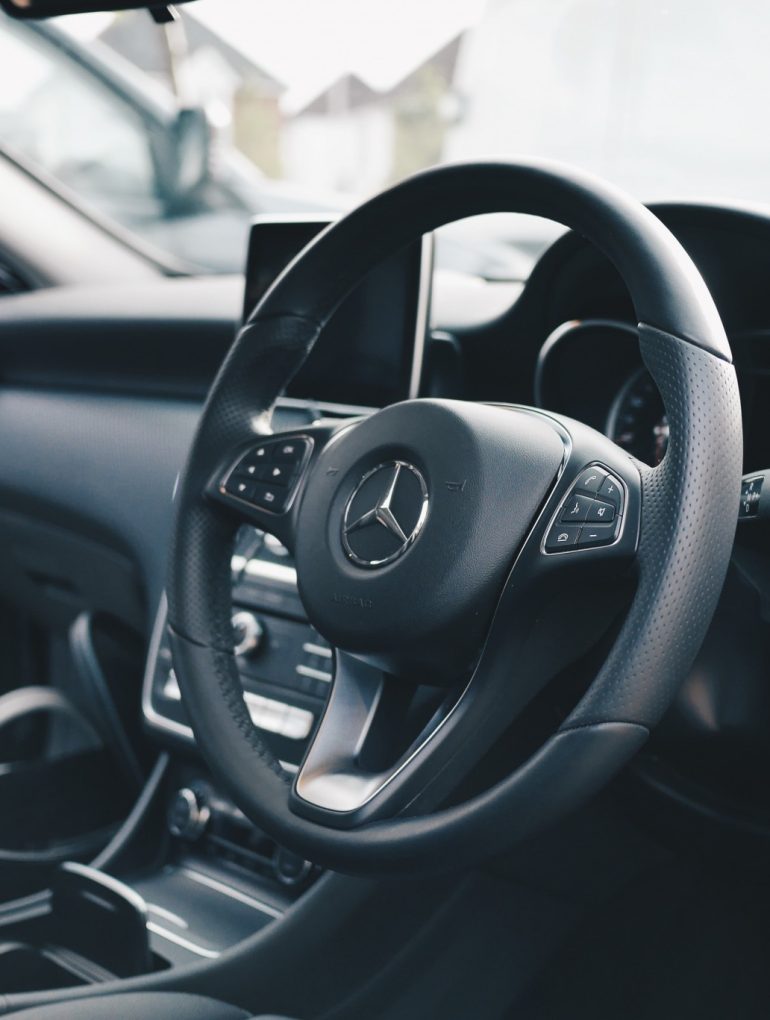Barack Obama is a big fan of autonomous car technology. In an interview with the technology magazine, Wired, he said that the tech had already arrived. And he’s right. In fact, the basic technology to make it work was developed by Carnegie University way back in 2007. Since then it’s been refined and refined some more. And now prices have come down enough that it looks as if it’s about to take over the world.
Top technologists are saying that autonomy in imminent. We can see the signs everywhere. Big car makers are all investing heavily in making autonomy a reality by the 2020s. Car manufacturers at the forefront of the technology, like Tesla, say that they could have full autonomy by 2018. And even today, we see sophisticated autonomous systems making their way into cars at the top of the market. Practically all new executive cars come with some form of lane assist, parking assist, and lane switching. Tesla’s “autopilot” can effectively drive you down the highway with no intervention whatsoever.
The technology is coming, thick and fast. And, as a species, we’re simply not prepared for just how game-changing this transition will be.
The benefits are endless. Pascal Demurger is a director at a French auto insurance firm. He says that his company sees autonomous cars reducing accidents on the road by over 90 percent. That means that the current 1.2 million people killed by cars each year will be cut to around 120,000 if he’s right. In other words, autonomy will save more lives that stopping all murder and all conflict combined.
Police will no longer have to patrol the roads if all cars are autonomous. Currently, lots of people have to find a DUI attorney. But in the future, the police may won’t need to devote resources to policing drink driving. They’ll also save enormous amounts of money on advertising. That means that the police can plow resources into fighting the crimes that people actually care about in their communities. Relations with the police will also improve since so many incidents occur when police rangers stop motorists on the road. When motorists are in their cars, they’ll feel safer and less at risk of being pulled over. They certainly won’t be going to jail as much as they are today.
Then there’s the fact that driverless cars don’t need to be parked. In fact, driverless cars operating in cities will constantly be on the move, ferrying people from one location to another. We could see an end to universal car ownership and instead people using cars on a pay-to-go basis. You’ll just call up an Uber driverless car, it’ll pick you up, drop you off, and then go to its next job. Cars won;’t have to be left in large city-center car parks anymore.
Driverless cars will also be able to drive in dense packs. Because the human element is eliminated, there’s no need to leave a safe distance from the car in front. All autonomous vehicles will be able to communicate with each other and start and stop at the same time.
These changes are just about to arrive, but people have barely begun to think about the consequences. That makes it all rather exciting.




